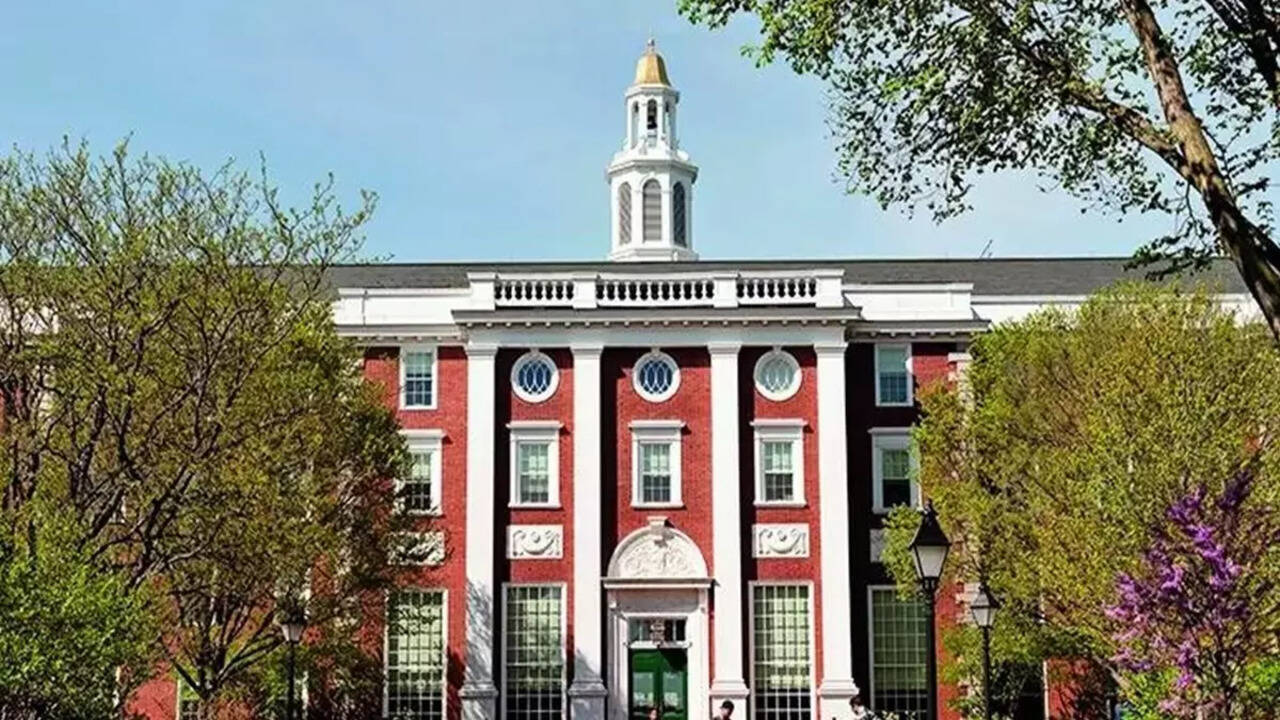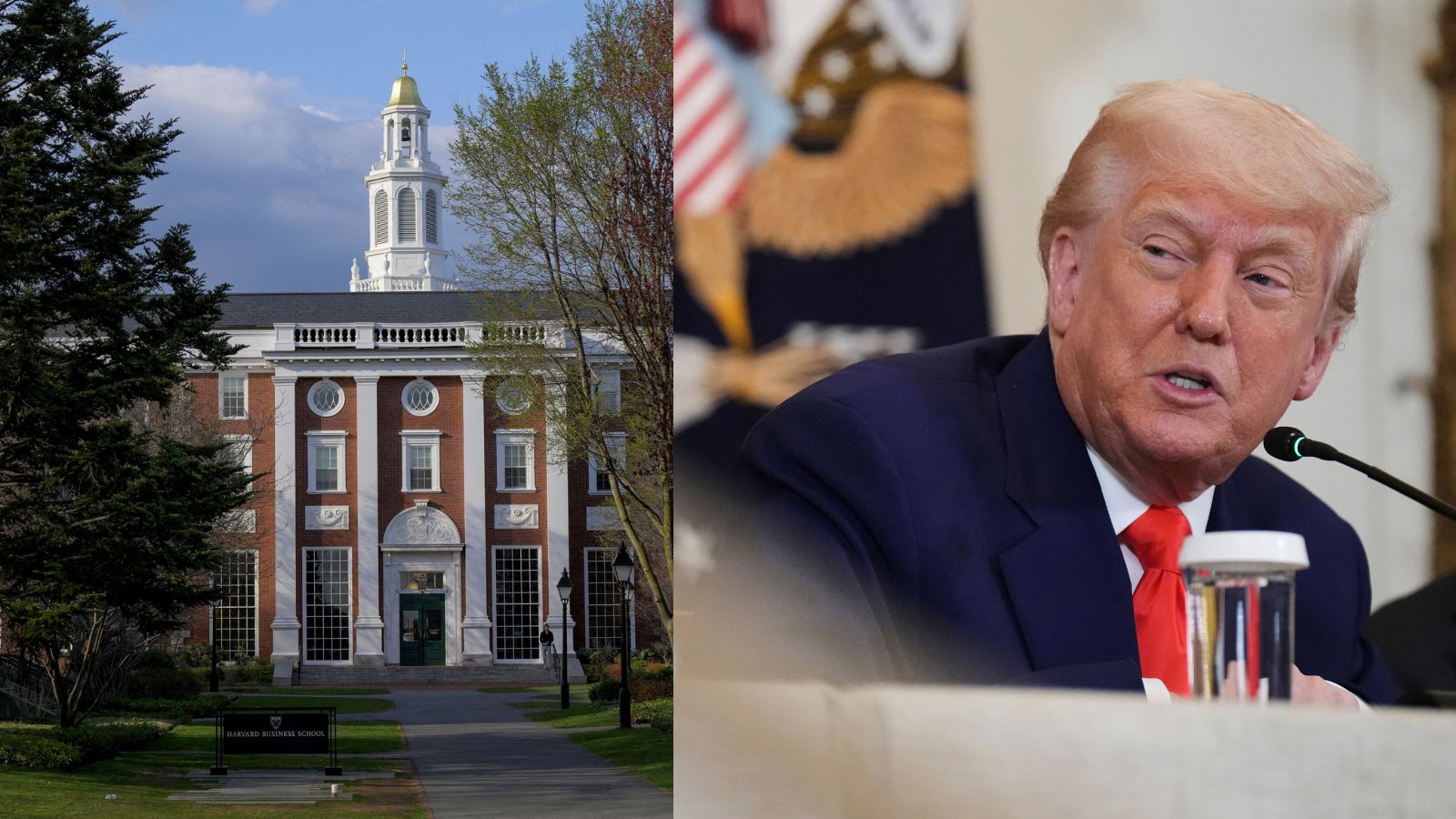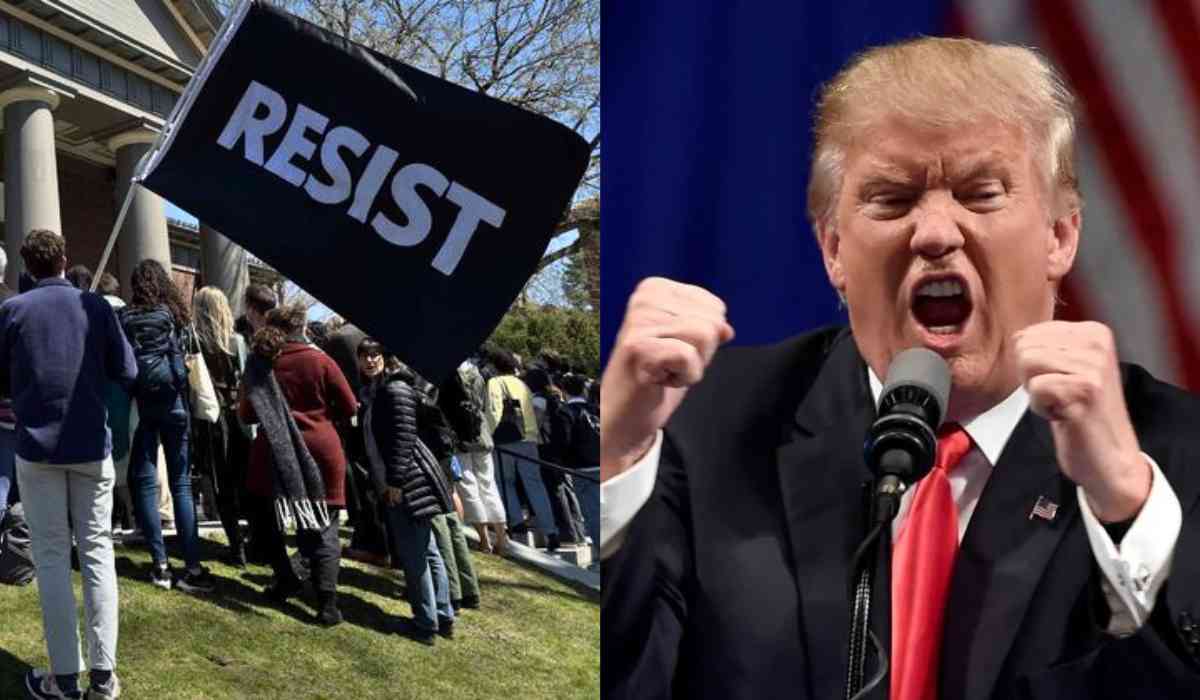In a dramatic turn of events, international students at Harvard University are finally breathing a sigh of relief after a federal judge blocked a controversial order by the Trump administration that would have stripped the university of its ability to enroll foreign students. The decision, which came just one day after the government announced the ban, has been met with cheers and cautious optimism among the thousands of international scholars who call Harvard home.
What Happened?

On May 22, 2025, the Trump administration, through the Department of Homeland Security (DHS), revoked Harvard’s certification under the Student and Exchange Visitor Program (SEVP). This certification is crucial for any U.S. university that wants to admit students on F-1, M-1, or J-1 visas—all essential for international students to legally study in the United States. The administration accused Harvard of creating an “unsafe” environment for Jewish students, promoting “pro-Hamas sympathies,” and even “coordinating with the Chinese Communist Party” on campus.
The order threatened to force nearly 7,000 current international students—about 27% of Harvard’s student body—to either transfer to another university or risk losing their legal status in the U.S.. The government also demanded that Harvard hand over detailed records and footage of any international students involved in protests or alleged criminal activity, giving the university just 72 hours to comply.
The Legal Fight and the Judge’s Ruling
Harvard quickly pushed back, calling the government’s action “unlawful” and “unconstitutional.” The university filed a lawsuit in federal court in Boston, arguing that the ban would have an “immediate and devastating effect” on both the school and its international students. Harvard’s president, Alan Garber, said the move was part of a broader pattern of retaliation against the university for refusing to compromise its academic freedom or bow to what he described as the government’s attempts to control its curriculum, faculty, and student body.
On Friday, May 23, U.S. District Judge Allison Burroughs issued a temporary restraining order, freezing the administration’s policy and allowing Harvard to continue enrolling and hosting international students while the legal battle continues. The judge’s decision was widely celebrated by students, faculty, and supporters of academic freedom.
How Did Students React?

For international students, the days between the announcement and the judge’s ruling were filled with uncertainty and fear. Many worried about their futures, their legal status, and the possibility of being forced to leave the United States. Thomas Mete, a Canadian student at Harvard, described the mood as “panic” before the judge’s decision, but said he felt much better afterward, though uncertainty remains9.
“Without its international students, Harvard is not Harvard,” the university stated in its legal complaint, highlighting the vital role that students from around the world play in the school’s community and mission. International students not only bring diverse perspectives and cultures but also contribute significantly to research, innovation, and campus life.
The clash between Harvard and the Trump administration is part of a larger national debate about academic freedom, government oversight, and the treatment of international students in the United States. The administration has argued that universities must ensure a safe and welcoming environment for all students, while critics see the move as an overreach that threatens the independence of higher education.
Some supporters of the administration’s stance point to concerns about campus safety and the need to combat antisemitism. They argue that universities should be held accountable for maintaining order and protecting students from discrimination or violence. On the other hand, many academics and civil rights advocates worry that such measures could be used to suppress free speech, stifle protest, and discriminate against certain groups.
What Happens Next?

For now, the immediate threat to Harvard’s international students has been put on hold. The temporary restraining order means that the university can continue to admit and support its foreign scholars while the legal process unfolds. However, the underlying conflict is far from resolved. The court will need to decide whether the government’s actions were lawful and whether Harvard will be required to make changes to its policies or practices.
In the meantime, Harvard has promised to provide guidance and support to its international students, reassuring them that the university will fight to protect their rights and their place on campus. The case is being closely watched by other universities across the country, as it could set a precedent for how the federal government interacts with academic institutions in the future.
A Lesson in Democracy and Education
This episode serves as a reminder of the delicate balance between government authority and academic independence. It also highlights the importance of international students to American universities—not just as sources of tuition revenue, but as vital contributors to the intellectual and cultural life of the nation.
For now, Harvard’s international students can celebrate a temporary victory, but the broader debate about the role of government in higher education is likely to continue for some time. As the legal battle moves forward, all eyes will be on the courts to see how they navigate these complex and deeply contested issues.
With inputs from agencies
Image Source: Multiple agencies
©️ Copyright 2025. All Rights Reserved. Powered by Vygr Media.

























